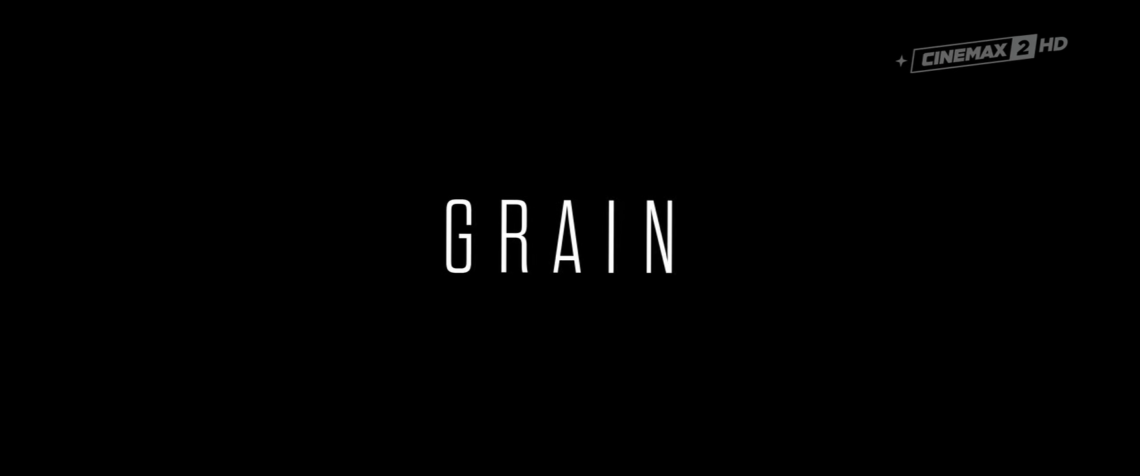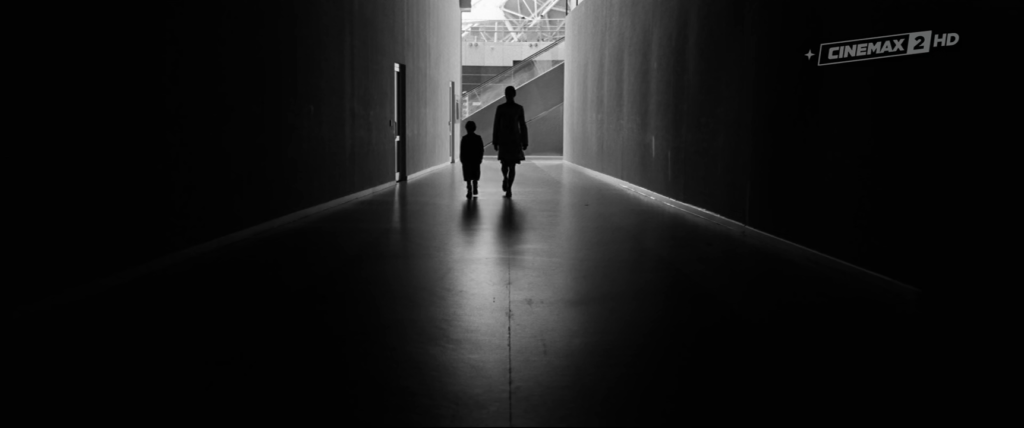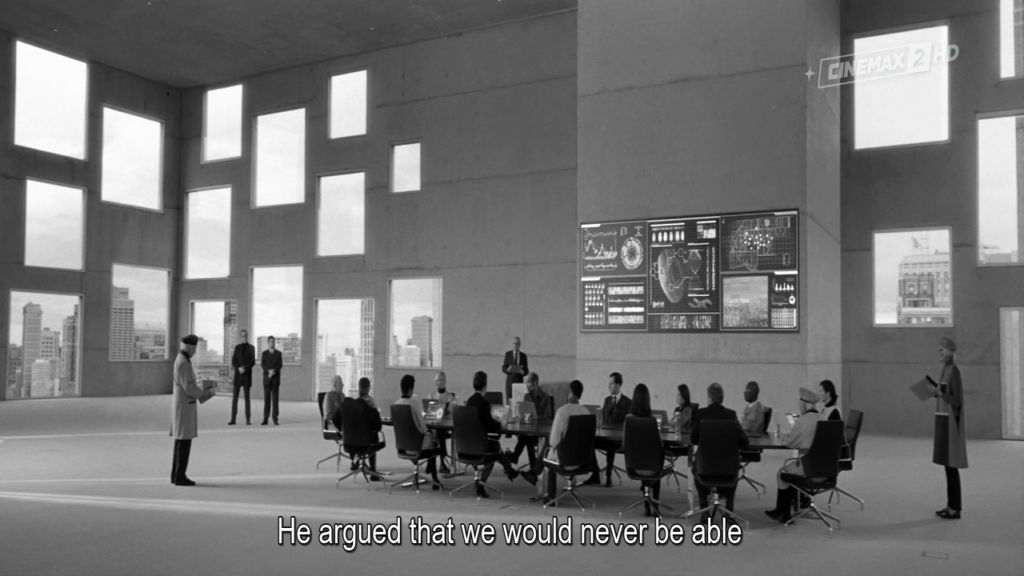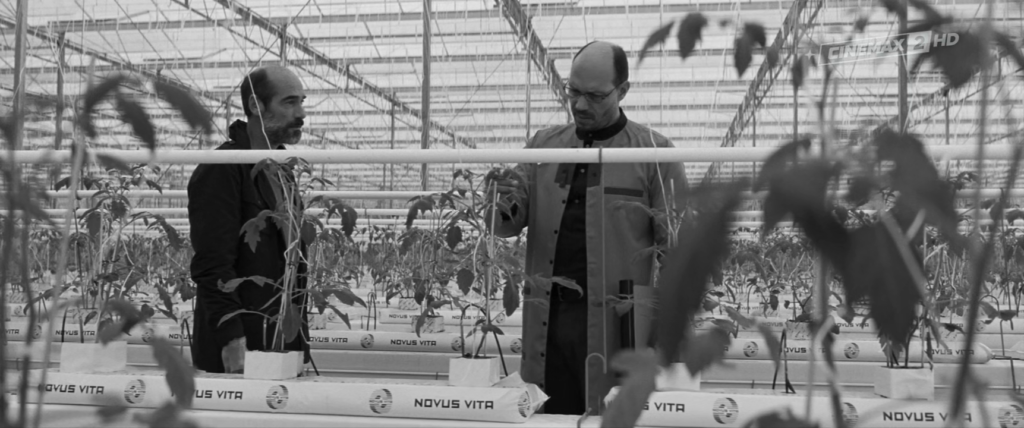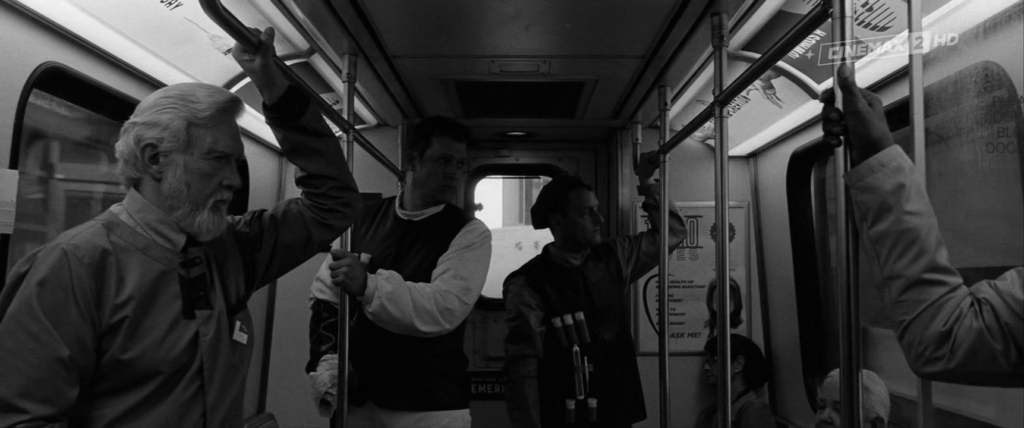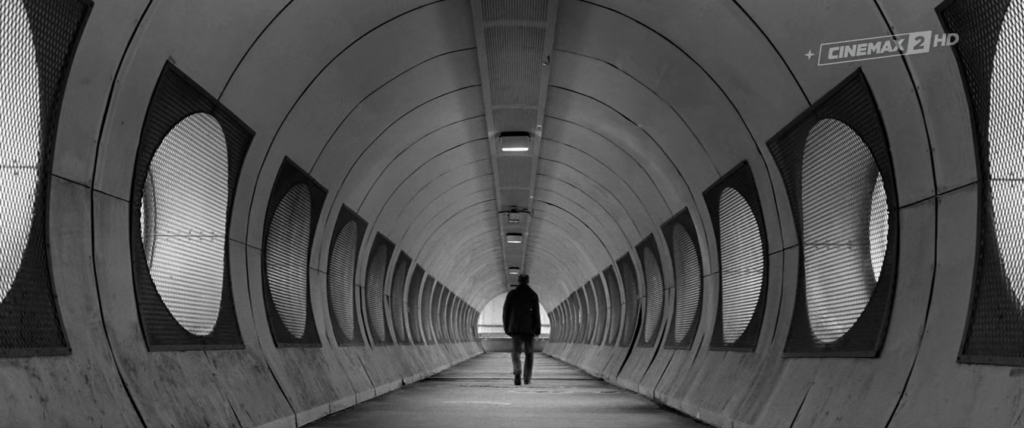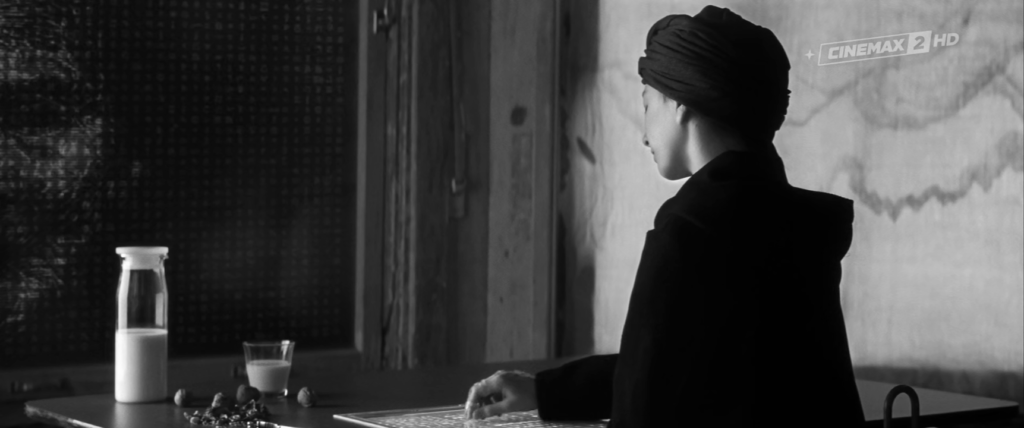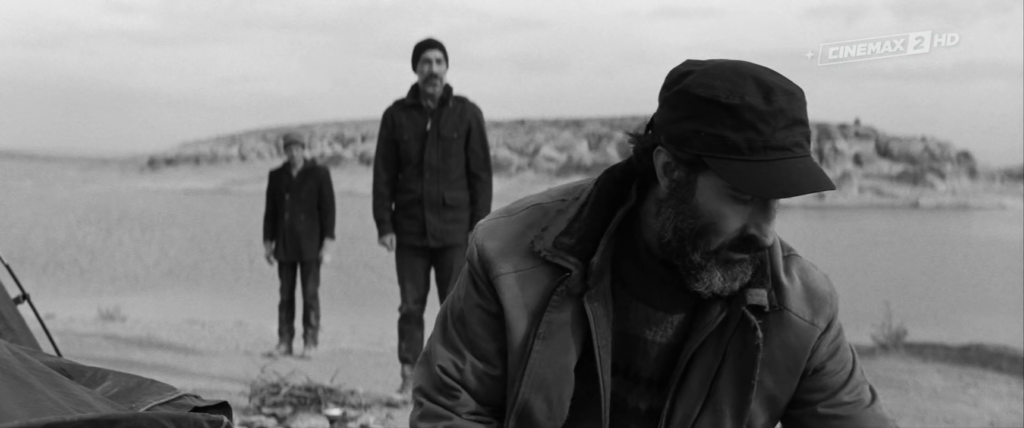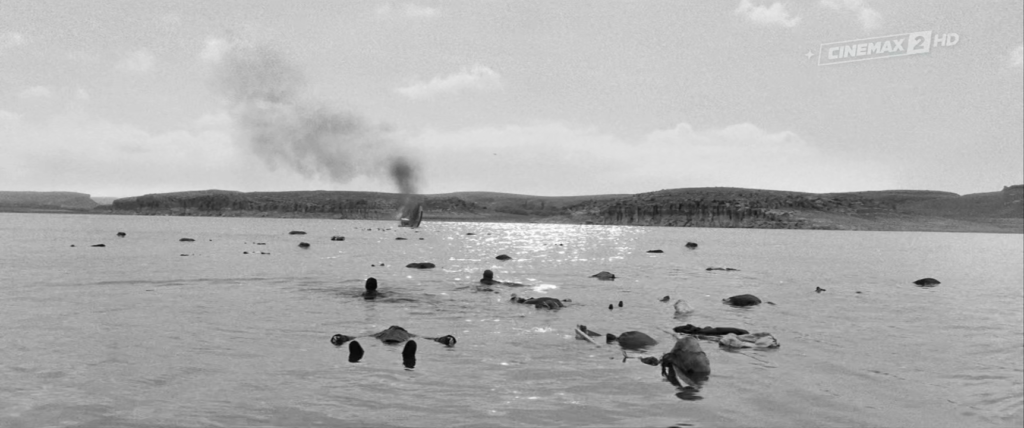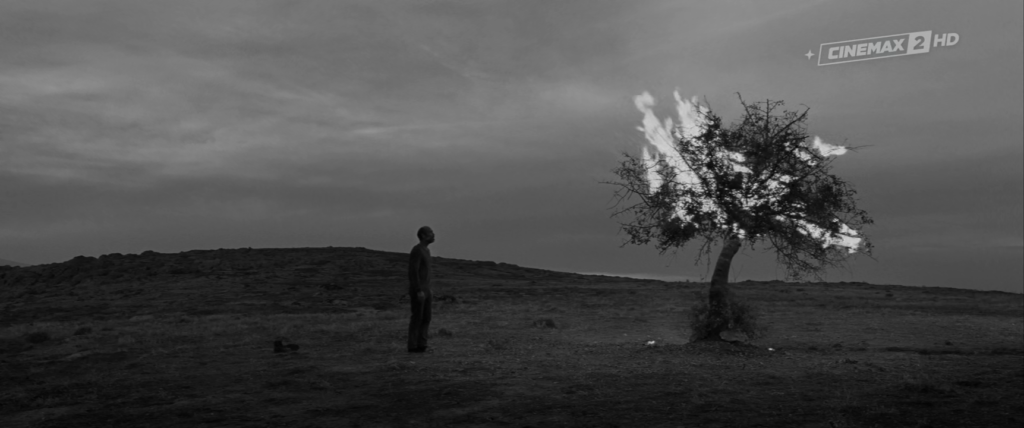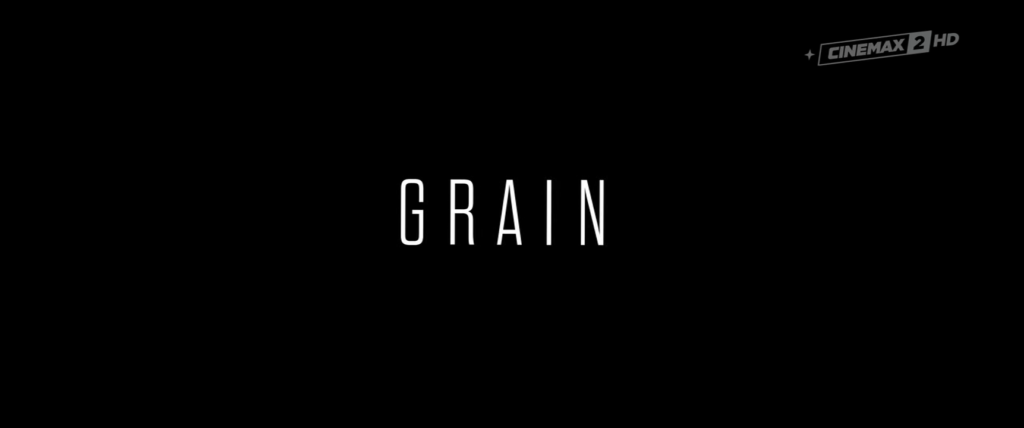-
#484 – Grain (2017)
Grain (2017)
Film review #484
Director: Semih Kaplanoglu
SYNOPSIS: In a post-apocalyptic world where most of the planet’s soil cannot grow plants and food, the world is divided between the remnants of the cities, agricultural zones, and the inhospitable wastelands where nothing grows, separated by barriers that kill anyone that get too close. Professor Erol Erin, a seed geneticist, learns of a researcher whose thesis predicted the current genetic crisis, and sets out into the wasteland to find him and get answers about how to solve it.
THOUGHTS/ANALYSIS: Grain is a 2017 post-apocalypse film. In this post-apocalypse, we see that society is divided into the remnants of the cities, and the agricultural zones, each ruled by powerful corporations and elites. There is also the wastelands, which makes up the majority of the planet, and is populated by genetically incompatible people who suffer the harshness of the inhospitable environment. Separating them are giant energy barriers of some sort that kill anyone that touches them, maintaining the gap between the elites and the rest firmly maintained. We don’t get much more insight into the state of the world than this, but it’s setup is fairly familiar to the post-apocalypse setting, so it’s not really an issue. The cities are facing an issue where seeds and crops are unable to grow, which will turn into a full crisis if the situation worsens; the film gives some scientific jargon as to why this is happening about missing particles and stuff, but its all a bit superfluous. Professor Erol Erin, a seed geneticist, wants to find a man whose thesis predicted the crisis and how to solve it, but he has apparently disappeared into the wastelands. He illegally sneaks through the barrier and sets off in search of Cemil, who he believes can put a stop to the crisis. The film’s story is deliberately threadbare, in order to keep things open to interpretation in some way, and as such, situates itself in the vein of the more epic films like Tarkovsky’s Stalker. There are, however, a number of problems with this: the film is very front-loaded and gives a lot of time in the first half to explaining everything, and the second half in mostly silence, and the contrast splits the film in a messy way. In a similar vein, it feels like it wants to be one of those epic films, but at the same time appeal to a more Western sensibility. The runtime at just over two hours fits into a more (slightly longer) Hollywood film, but a bit too short for the longer epic films. Even as it is though, the film feels too long with very little reward for getting through it. The long scenes filled with silence are often good, but the film as a whole just doesn’t offer anything to think about or tie it all together. The film is based on a chapter in the Quran apparently, and while I can’t speak to that, maybe there’s a religious allegory in there that I’m missing. The message of the film seems to be that mankind is far too wasteful and careless about the environment and the world in which it lives, but to deliver that message in a film released in 2017 is hardly groundbreaking or impactful unless you have a really clever way to do it. Grain does not have that.
The film mostly centres around two characters: Professor Erol Erin, a scientist from the city, and Celim, a man who has abandoned the city for the wastelands. The two journey off into the wastelands together, as Erol tries to survive Celim’s eccentric actions and behaviour. Erol finds Celim in order to learn something, but what Celim tries to teach him is not what he expects: he is less about giving answers, and more about a process of care and concern for mankind and their environment. The long scenes of almost pure silence accomplish that in some way, with said silence taking the place of any answers as the pair traverse the wasteland. There are some scenes that stand out, but the film ultimately feels like it goes nowhere. The acting is fairly decent, and so are the minor characters, but we see far too little of them for them to have any impact, and just leave us with more questions.
The film is entirely in black and white, and again this is a deliberate choice to evoke the kind of epic film it wants to be. Is it necessary? Not really. The scenes in the landscape of the wilderness are very grand and empty, emphasising it’s silence and deadness. It’s clear that Grain has a vision of what it wants to be and how it wishes to approach its subject matter, but it is almost entirely obfuscated and mixed up in its execution, leaving very little impact overall. There are some good scenes in here, and again, clearly a message that is trying to be communicated while also being open to interpretation, but it seems every time it needs to be clear, it becomes ambiguous and vice versa. The film is trying to say a lot, but never pushes itself firmly into that epic category of long films that accomplish this. As such, the execution finds itself far behind where it’s ideas want it to be.
